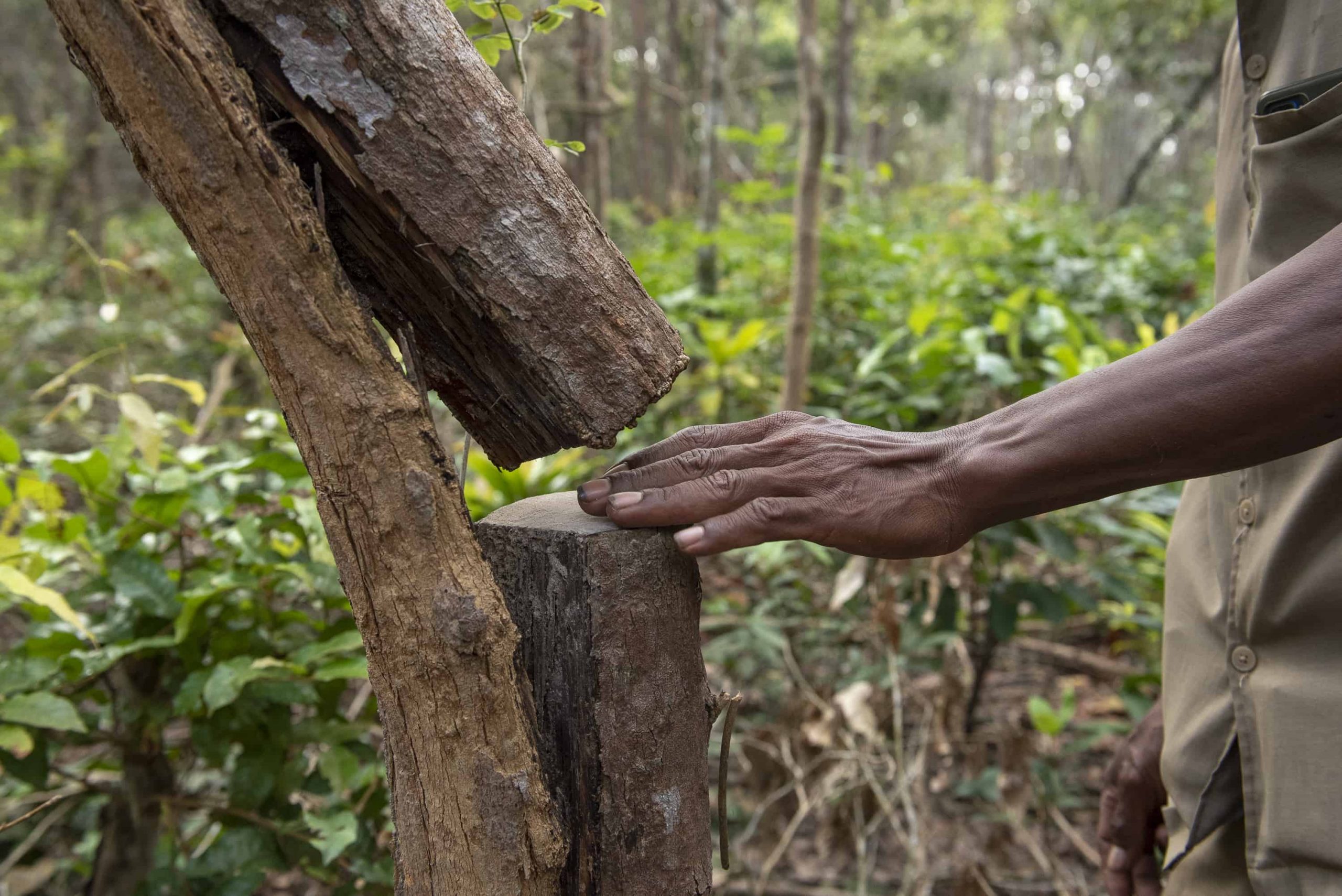
From Forest To Furniture: The
Quest To Save The Lower Mekong’s
Last Standing Rosewood Trees
China’s fascination with rosewood furniture dates back thousands of years. With its red color attributed to luck, rosewood furniture is considered a prized cultural investment handed down over generations. But after wiping out its rosewood supply during the Ming and Qing dynasties, the country is turning to the last standing forests in Lower Mekong countries for their rosewood supply.
“Twenty years ago, we still had a lot of huge rosewood trees in our forests. Now, we only have thinner, smaller rosewood trees, but even these are being cut down illegally by loggers. Each tree costs between $100 to 200, making it very attractive to loggers. It is very, very difficult to protect rosewood,” said a forest ranger in Cambodia.
High demand for rosewood furniture and log prices worth tens of thousands of dollars per cubic metre are making it highly attractive for illegal loggers and traders in the Mekong region. The illegal cutting of rosewood has knock-on effects and irreversibly damages forest ecosystems and nearby forest communities.
In order to protect rosewood from extinction in the Lower Mekong, while also preserving the rosewood furniture industry and Chinese cultural legacy, an initiative led by the UN-REDD Programme on Sustainable Forest Trade in the Lower Mekong (UN-REDD Lower Mekong Initiative) has been working to green the supply chain for rosewood and other timber products and to promote sustainable forest trade with China.
“Our initiative is unique in that we not only work with governments to tighten laws against illegal trade, but increasingly, we focus on small- and medium-sized timber enterprises in the Lower Mekong to help them access sustainable supply chains. We do this through building entrepreneurial skills and capacities based on market research, product development and certification, among other things,” said Alexis Corblin, coordinator of the UN-REDD Lower Mekong Initiative and a technical expert on forests and climate at UNEP.
Strengthening governance is just one part of the fight against the illegal rosewood trade. Protecting rosewood also requires changing the attitudes and behavior of enterprises, traders and consumers of rosewood furniture. For this reason, the UN-REDD Lower Mekong Initiative is also running a public campaign that calls on Chinese consumers to protect rosewood by purchasing second-hand products or shifting to more sustainable alternatives. It also challenges furniture makers to come up with new furniture designs that blend traditional style with sustainable sources.
The goal of the campaign is to help usher in a future where rosewood flourishes both in the region’s forests and in the cultural legacy of Chinese people.


